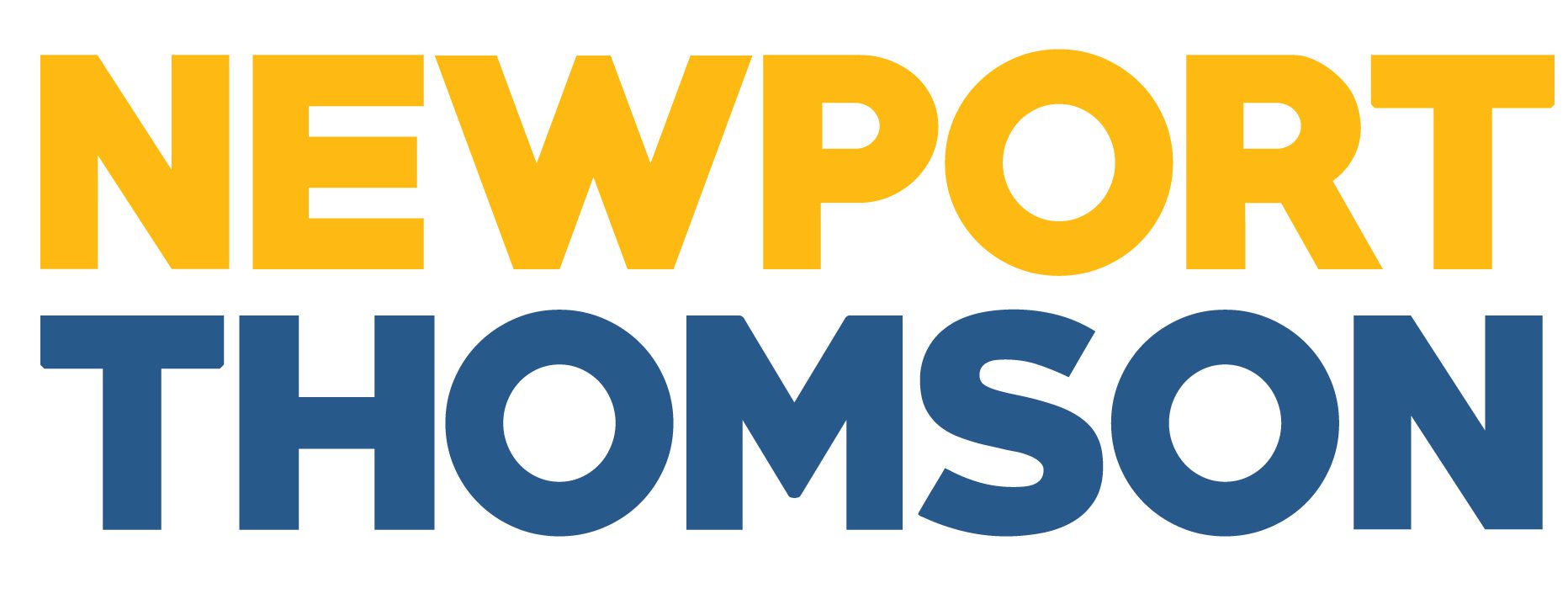Creating and managing strong passwords is a fundamental key for internet security, but remains a challenging task for many users who cannot break their bad habits of recycling the same password for multiple accounts. Because of these poor password security practices, attackers exploit them compromising personal and organizational security, which leads to more data breaches and cyber-attacks that continue on the rise. I created a list of password security measures to prevent this.
Adopting the strategies below can enhance password security and should be considered for improving personal and organizational cybersecurity.
What are some words people should use or avoid?
Words that people should use for generating their passwords are:
- A password must contain upper case letters i.e. letters from A-Z.
- Password should also contain a lowercase letter (a-z)
- Numbers from 0-9 should also be part of the password.
- People should use symbols like ~`! @#$%^&*()_-+={[}]|\:;”‘<,>.?/ while generating their password.
- Users should use pronounceable syllables to make up words that are easy to remember and are difficult to guess.
- Substitute lowercase or uppercase letters with special characters such as replace s with $ or 1, I or! For I etc. Some of the Other substitutions of letters with special characters that need to be considered are:
- @ or A for a
- 7 or T for t
- 3 or E for e
- 9, G or 6 for g
- 0 or O for o
- 8 or B for b
- Replace codes or words with other words e.g. insert numerals between original words.
Words that people should avoid while generating passwords:
- Avoid using simple dictionary words because such passwords are easily guessed, and are vulnerable to dictionary-based and brute force attacks. For example do not use your name, pet name, or simple words such as dog, cat, football, etc.
- Avoid using your name, account name, organization name, technical jargon, common names of people, places, network names, etc.
- Make sure that your password is not related to your personal information such as your name, family member’s name, your social security number, birthday, etc.
- Do not use words that are easily guessed such as using ‘’password’’ or ‘’user123’’.
- Users should avoid using password combinations of keyboard keys such as ‘’asdfghhjk’’, ‘’QWERTY’’, or ‘’123445678’’ as they are easily crackable.
- Never use the password you have picked for your email account.
What’s the best way to create a password?
The secret behind creating a password is that it should be unique and easy to remember, which means that a password must be hard to crack and memorable. Below are some strategies used by cybersecurity experts to create strong passwords, which are hard to crack and are easily remembered by its users.
- Create a long password containing a minimum number of 12 characters i.e. your password must be at least 12 characters long. Most cybersecurity experts prefer to create passwords that have more than twelve characters. The longer the password, the more secure it will be.
- One of the best ways to create a password is to add variety to the password‘s string i.e. your password should contain capital and small letters, symbols, and special characters. This will make it harder for the attackers to crack it using a dictionary and brute-force attacks.
- Avoid using sequential letters or words that are commonly used. Avoid using information that contains your personal information such as name, pet name, date of birth, etc.
- Avoid…




